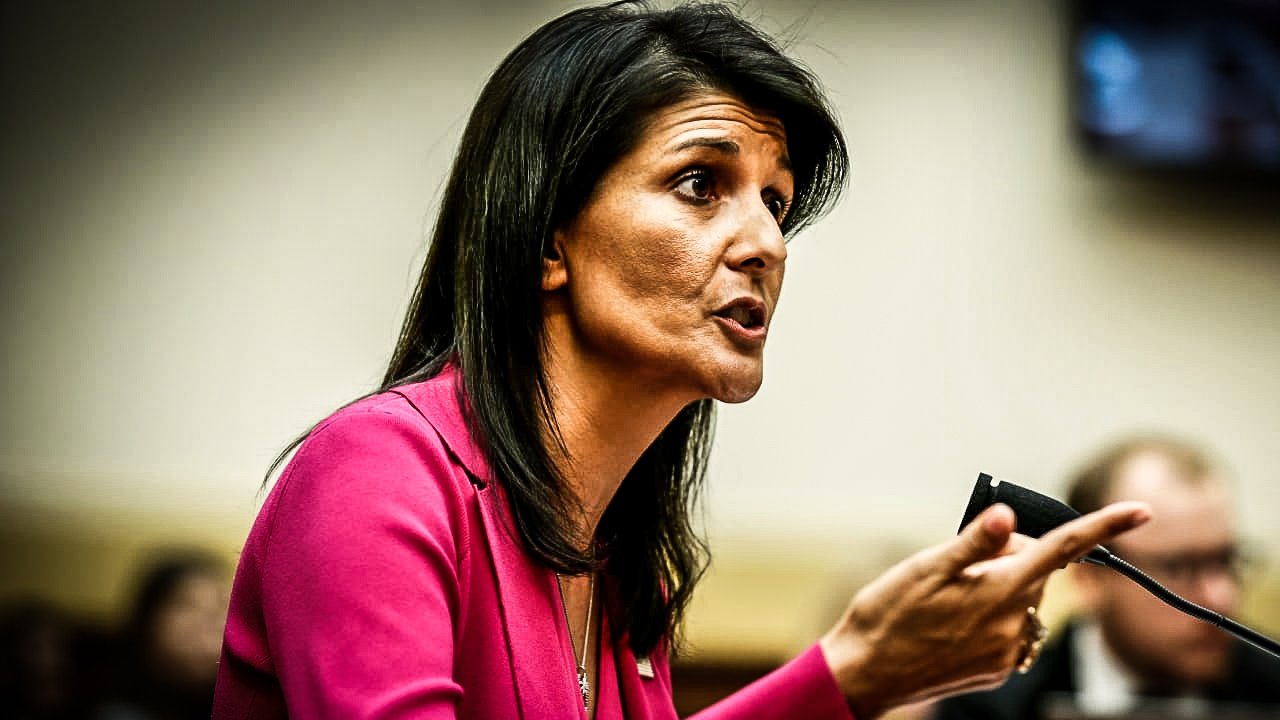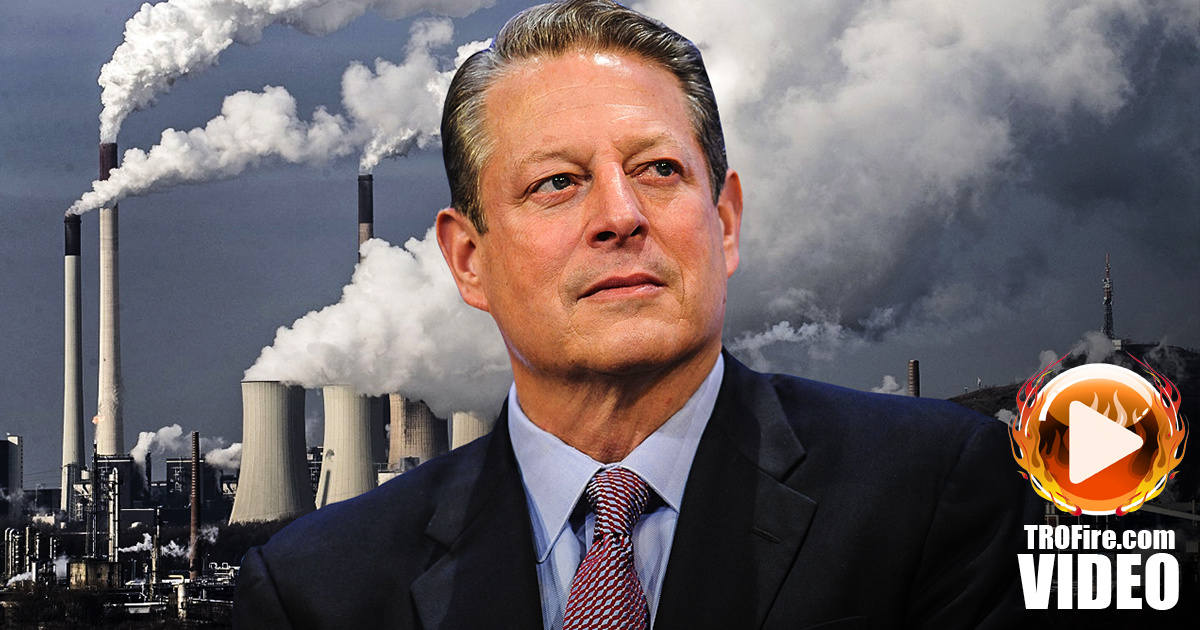Despite the fact that the first Democratic primary is months away and the first debate has yet to take place, Hillary Clinton has entered into joint fundraising agreements with four Democratic state organizations. Joint fundraising is an arrangement between two political organizations to act as one in the best interest of both. In this case, the agreements are between Hillary for America, and Democratic committees in the four states of New Hampshire (which holds the first primary), Virginia (a key battleground state), Mississippi and Wisconsin.
As readers may be aware, the New Hampshire Primary can be a “make-or-break” proposition for candidates, receiving as much or more media coverage than all other state primaries combined. An exceptionally strong showing by a candidate (or a weak one) can be a serious game changer. Swing states such as Virginia play a significant role as well since general election results are usually very close.
It also happens that Virginia governor Terry McAuliffe is good friends with Ms. Clinton as well as a former chairman of the state DNC. Democratic leaders in New York, which Clinton represented in Congress, and Arkansas, where she was First Lady, are considering entering into similar agreements. Officials in those states have yet to make commitments, however.
The timing of these agreements has raised a few eyebrows among Dems. While any Democratic candidate may legally enter into these agreements at any time, it is highly irregular for state parties to do so before a candidate has been nominated. In addition, Ms. Clinton has the distinct advantage of access to big donors with deep pockets. The agreements have been reached just in time for the DNC summer meeting in Minnesota, which takes place this Friday, August 28th. In addition to Hillary Clinton and Bernie Sanders, three other candidates will be attending in order to address DNC members.
One of the problems Clinton is encountering revolves around the issue of trust. Revenues from joint fundraising are divided between the Presidential campaign and state candidates. However, there is disagreement over which organization would control the funds in a shared account. This issue comes up at the same time that the DNC is drawing criticism over perceived bias toward Hillary Clinton. Earlier this month, former Maryland governor Martin O’Malley, also a Democratic candidate, accused the DNC of scheduling the debates in such a way as to favor Clinton by giving her greater exposure than her rivals.
O’Malley may be correct. The practice of entering into early joint fundraising agreements is not uncommon in state elections. There are also precedents for presidential campaigns; GOP candidate Mitt Romney himself made similar arrangements with Republican state committees prior to the 2012 primaries. Hillary for America has done nothing illegal, nor even unethical – any of her Democratic rivals are free to do the same. Nonetheless, whether or not it is true, it appears that the official Democratic power structure is already deciding who they want for their candidate.


